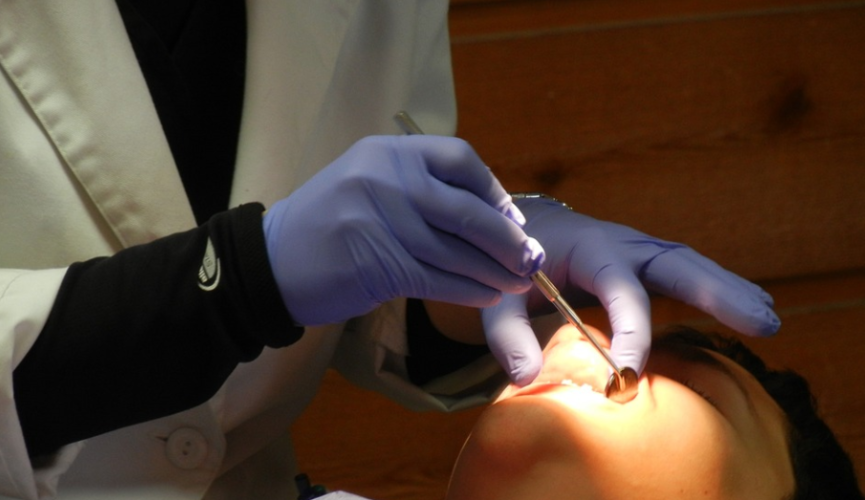Anyone who is presented with the idea of full mouth dental implants could be overwhelmed by the idea. Why go to that extent? Are there other options available? Before making assumptions about the process and what is involved, it is beneficial to read some useful background information that offers more context for community members, helping their decision over a major oral health matter.
Numerous Implants Required
Patients who are subjected to these oral health processes will find that there are anywhere between 12 to 16 implants utilised. This might apply to one row of teeth, or more commonly, it will be applied with half on the upper jaw and half on the lower jaw. They are not necessarily a commonplace procedure for constituents and only advised under certain conditions, but they are valuable for participants who experience serious ailments, injuries or illness where it is deemed as the best avenue to restore health.
Applicable for All Manner of Patients
People of all backgrounds may see value with full mouth dental implants. Once they have an open and honest conversation with their oral health professional, whether it is a dentist, orthodontist or surgeon, they will see that it is recommended for community members who have tried and failed with other implants, with poorly designed dentures or if they are suffering from a degenerative condition that prevents them from eating, drinking and swallowing with confidence.
Specialists Will be Helpful
Individuals who want to know more details about this implant procedure should not hesitate to link up with their trusted professional. Irrespective if they are general practitioner in the dental field or someone with a more specific title, they should be able to discuss what the client wants from the outcome, what their concerns might be, what the expectations are for pain and recovery to adapting to the new structure upon completion. Given the sensitive nature of the intervention across the jawline and teeth, enjoying an open dialogue is important.
Minimal Pain & Discomfort
It is more than understandable for people who are considering full mouth dental implants to think about the potential for pain and discomfort. While some constituents do report feeling slightly uncomfortable in the aftermath, the actual surgery does not incur much. Under a majority of circumstances, they will be dealing with an anesthesiologist who safeguards them from the pain, numbing the treatment while they integrate the implants.
Timeline Structured in Phases
The decision to opt for this form of dental treatment will lead community members to think about time management and schedules. The actual treatment of the implant will only take between one to two hours under normal conditions. With this being said, there will be an initial phase which may require scans, bone grafting and extraction of teeth. Artificial screws may be necessary after the process as well. This will add more time to the project, but they will be communicated effectively by specialists who take a ‘one step at a time’ methodology with full mouth dental implants.
Aftercare Assistance Necessary
Everyone will have their own rationale and motivations behind their use of implants, yet it will be the safeguard of an aftercare service that will offer vital support following the procedure. Put simply, it can take up to 6 months for the bones to grow around the structure, creating some challenges and difficulties along the journey. To help minimise any pain and discomfort at this time, dental professionals will on hand to offer solutions and treatments that are part of the aftercare package.
